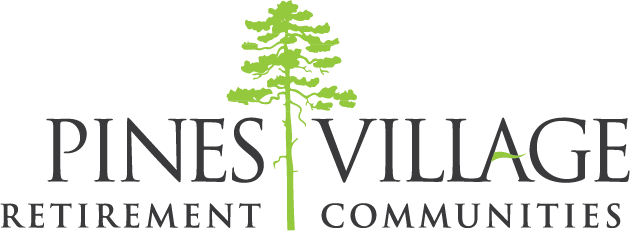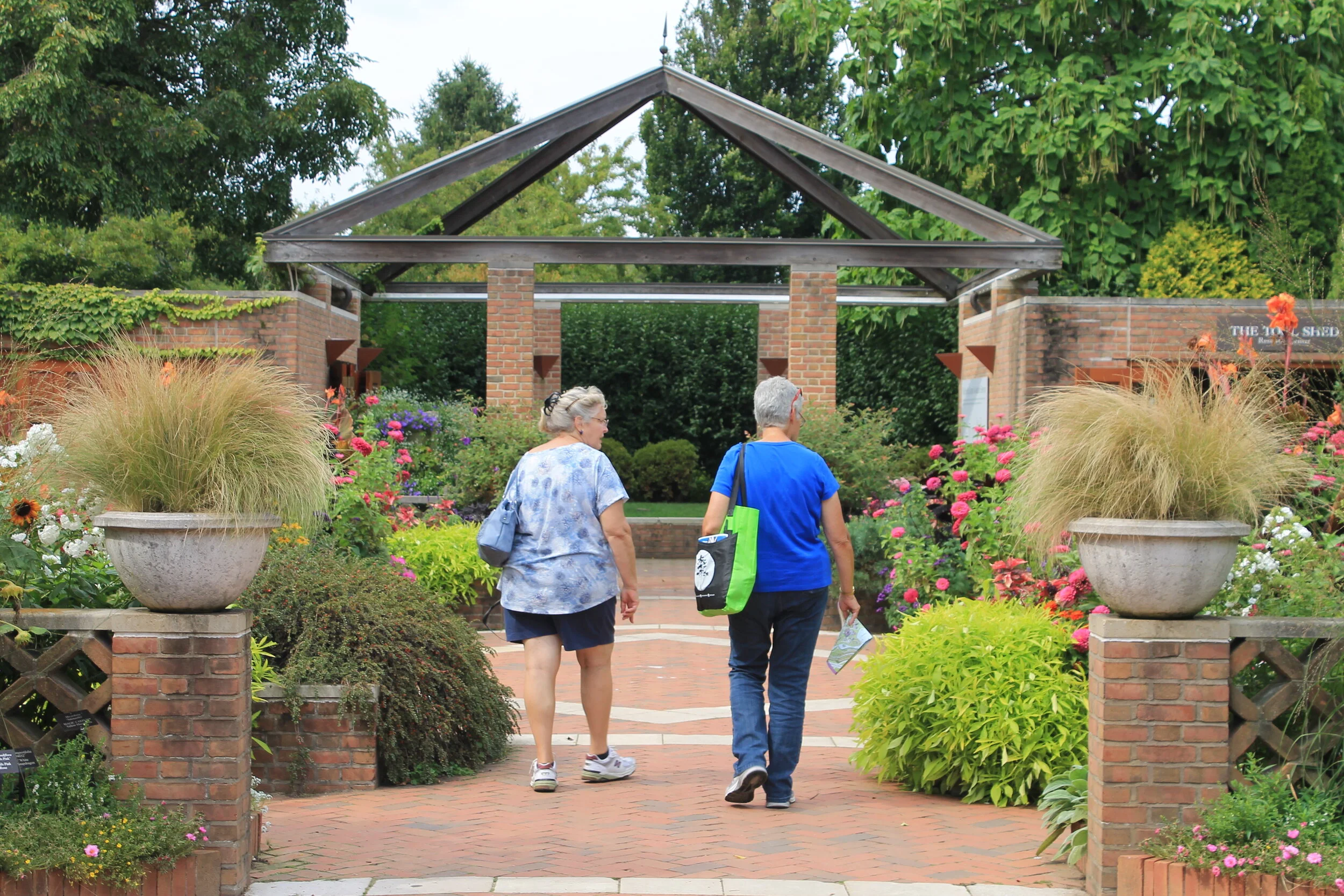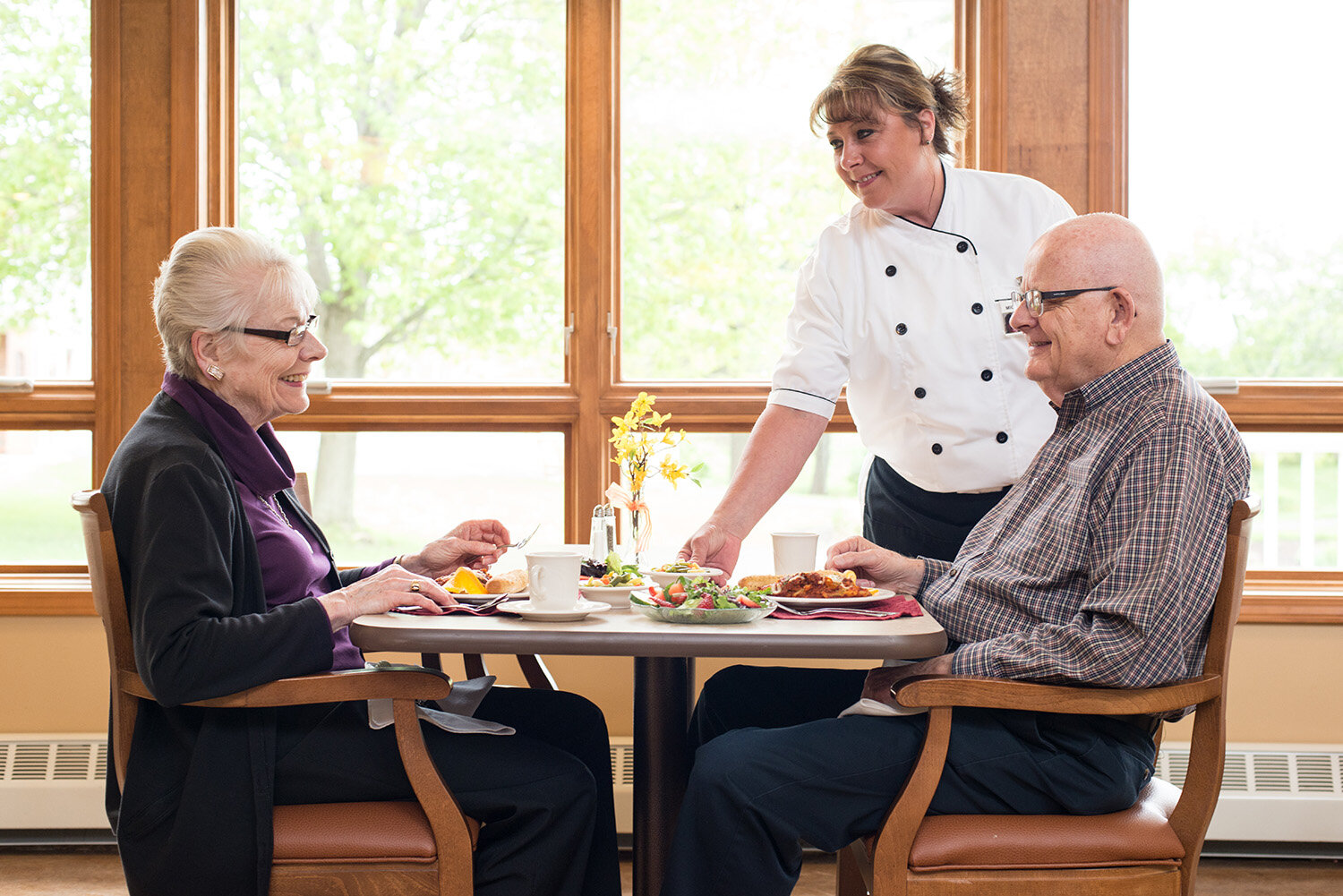As the population of seniors continues to grow, so does the threat of scams targeting this vulnerable demographic. Elder fraud is a serious issue, with scammers devising various schemes to exploit older adults for financial gain. In fact, according to the FBI's latest Internet Crime Report, seniors over the age of 60 lost a staggering $1.7 billion to fraud in 2021, making them the highest loss group. In this comprehensive guide, we will explore the types of scams that target seniors and provide valuable tips and strategies to protect your elderly loved ones from falling victim to these schemes.
TIPS TO PROTECT SENIORS FROM SCAMS
It is crucial to take proactive steps to protect our elderly loved ones. By implementing the following tips and strategies, you can significantly reduce the risk of falling victim to scams:
SET UP CREDIT MONITORING AND IDENTITY THEFT PROTECTION
As scammers often aim to commit financial fraud, signing up for credit monitoring and identity theft protection services can provide valuable safeguards. These services monitor your credit and financial statements, alerting you to any suspicious activities or signs of fraud.
LEAVE HELPFUL REMINDERS AROUND THE HOUSE
To help seniors recognize and prevent scams, leave informative notes near phones, computers, and doors. These reminders should encourage a moment of thought and reflection before acting upon any suspicious requests. The notes can include steps to stop, leave, ask, wait, and act, providing a clear framework to follow when faced with potential scams.
FOSTER OPEN COMMUNICATION
Create a safe space for open communication with your elderly family members. Please encourage them to share any concerns or suspicious interactions without judgment. Sharing personal stories or examples of scams can help them feel more comfortable discussing their experiences and seeking advice when needed.
ESTABLISH A PLAN AND A SECRET PASSWORD
Sharing bank account details early on can help protect your family's finances. Also, establishing a secret family password can be a verification method during phone calls, texts, or emails. Using the password can help confirm the legitimacy of a transaction or communication.
BE WARY OF UNSOLICITED CALLS OR MESSAGES
Approach unsolicited calls or messages with caution. Always ask yourself if the request seems too good to be true or if anything feels suspicious. Be particularly skeptical of requests for money, personal information, or immediate action. When in doubt, hang up or close the communication and independently verify the caller or sender's identity.
STAY INFORMED ABOUT THE LATEST SCAMS
Stay updated on the latest scams targeting seniors. Regularly educate yourself and your elderly loved ones about these scams to increase awareness and preparedness. Familiarize yourself with warning signs and common tactics used by scammers. Online resources, government websites, and reputable news outlets can provide valuable information on emerging scams.
REPORT FRAUD AND SCAMS
If you or a family member falls victim to a senior citizen scam, report it immediately. Officially report the scam to the Federal Trade Commission (FTC) through their website identitytheft.gov or reportfraud.ftc.gov. Following the necessary steps outlined in the FTC's fraud victim's checklist can help recover funds and secure compromised accounts.
UTILIZE SPAM CALL AND TEXT PROTECTION.
Protect against unwanted spam calls and texts by utilizing spam call and text protection services.
WHY DO SCAMMERS TARGET SENIORS?
Scammers specifically target seniors for several reasons. First, older adults tend to be more trusting, especially towards individuals who claim to have their best interests at heart. Additionally, seniors are often more financially stable, having accumulated significant savings and valuable possessions over their lifetime. This makes them lucrative targets for scammers seeking monetary gain. Furthermore, older adults may not be as tech-savvy as younger generations, making it easier to scam online, through phone calls, or via social media.
COMMON SCAMS TARGETING SENIORS
THE GRANDPARENT SCAM
One common scam that targets seniors is the grandparent scam. In this social engineering attack, fraudsters impersonate police officers and call the victim, claiming that their grandchild is in trouble. They may say that their grandchild has been in an accident or is involved in a crime, and they need immediate financial assistance to resolve the situation. The scammer may even use the grandchild's real name and other personal information found online to make the scam more believable. In some cases, the fraudster may even pretend to be the grandchild themselves.
Warning signs of the grandparent scam:
Receiving an unsolicited call claiming a grandchild is in danger
Requesting money as cash, gift cards, or wire transfers
Refusing to let you get off the phone or threatening you if you try to verify the information
Using deception, intimidation, or coercion to pressure you to act quickly
GOVERNMENT IMPOSTER SCAMS
Another prevalent scam targeting seniors is government imposter scams. Scammers pose as representatives from well-known government agencies such as Medicare, the Internal Revenue Service (IRS), or the Social Security Administration (SSA). They may use caller ID spoofing to make the call appear genuine and may even parrot your Social Security number (SSN) to further legitimize the call. These scams can take various forms, including Medicare scams, IRS scams, Social Security scams, and even scams related to the COVID-19 pandemic.
Warning signs of government imposter scams:
Receiving unsolicited calls from someone claiming to be from a government agency
Caller using threatening language and requesting payment through gift cards or wire transfers
Caller asking for sensitive information like SSN, Medicare number, or credit card details
ELDER FINANCIAL ABUSE
Elder financial abuse occurs when someone the victim knows and trusts, such as a family member, close friend, or caregiver, tries to gain access to the senior's savings, credit, or assets. This can include tricking the victim into signing over access or power of attorney or withholding care unless they receive access. Elder financial abuse can result in unfamiliar charges, new accounts, suspicious loans, or unexpected financial struggles for the elderly victim.
Warning signs of elder financial abuse:
Unfamiliar charges, new accounts, or suspicious loans that the victim or their loved ones didn't make
Calls from companies or credit providers about debts the victim didn't incur
Unexpected financial struggles experienced by an elderly parent or grandparent
FALSE INVESTMENT SCHEMES
Seniors, who often spend a lifetime saving to achieve financial security, are at risk of false investment schemes designed to steal their hard-earned money. In these scams, criminals pose as prudent financial advisors and contact seniors with seemingly lucrative investment opportunities. However, these opportunities are often fraudulent and aim to extract transaction fees or steal the victims' investments. Common types of investment scams targeting seniors include Ponzi schemes, illegitimate bonds and certificates of deposits (CDs), charitable gift annuities, and prime bank scams.
Warning signs of false investment scams:
Promises of high returns with little to no risk involved
High-pressure sales tactics that discourage due diligence
Inability to withdraw the principal investment
TECH SUPPORT SCAMS
Scammers often masquerade as tech support representatives from trusted companies like Apple or Microsoft to target seniors in tech support scams. They may claim that the victim's computer or device is at risk of infection and trick them into granting remote access or paying for unnecessary software. In some cases, scammers may even deceive victims into downloading malware under the guise of helpful software, putting their banking information at risk.
Warning signs of tech support scams:
Unsolicited phone calls about tech support issues (companies like Apple will never proactively call about these matters)
Pop-up ads on websites claiming device infections or promising to "speed up" the computer
Use of fear tactics to trick victims into downloading software or clicking on links in emails
ROBOCALLS AND PHISHING MESSAGES
Seniors are particularly susceptible to robocalls and phishing scams, which exploit inexperienced or vulnerable targets. These scams typically involve automated messages or emails that claim to be from trusted entities such as banks, the IRS, or streaming services like Netflix. Scammers aim to obtain personal information, passwords, or financial account details by tricking victims into engaging with these messages. Clicking on links or downloading attachments from phishing messages can lead to the installation of malware, compromising the victim's sensitive information.
Warning signs of robocalls and phishing messages:
Receipt of automated messages claiming trouble or risk
Requests to "verify" sensitive information through email or phone
Inclusion of unfamiliar links or attachments in emails or messages
SWEEPSTAKES AND LOTTERY SCAMS
Fraudsters often contact elderly victims and falsely claim they have won a contest, lottery, or sweepstakes they never entered. Victims are asked to pay upfront fees and provide their banking information for the transfer to receive their supposed winnings. Scammers may lead victims on for extended periods, requesting additional payments while pocketing any money sent.
Warning signs of sweepstakes and lottery scams:
Receiving notifications of winning a contest never entered
Demand for upfront payment through non-traceable methods like gift cards or wire transfers
Requests for banking information to facilitate the deposit
ROMANCE SCAMS
Romance scams target seniors by creating fake personas on dating apps or social media platforms. Scammers research potential victims online and use publicly shared details to establish a connection. Once a rapport is built, scammers start requesting money, often in the form of gift cards, travel expenses, or healthcare costs. Victims may also be coerced into fraudulent investments, including cryptocurrencies. Adults 80+ had the highest median loss of $10,790, with only 338 reported victims out of the total 25,788 reports that the FTC received from all age groups from Q1-Q3 of 2022.
Warning signs of romance scams:
Rapid progression of the "relationship" with claims of deep investment
Excuses for failing to meet in person or on video chat
Requests for financial assistance related to family or healthcare issues
FUNERAL SCAMS
In funeral scams, fraudsters target deceased individuals and their families. Scammers search obituaries and attend funerals, claiming that the deceased had outstanding debts. They demand payment from grieving family members, exploiting their vulnerable state.
Warning signs of funeral scams:
Demands for payment at a funeral from an unknown individual
Individuals claiming a relationship with the deceased without tangible evidence
REVERSE MORTGAGE SCAMS
Reverse mortgage scams target seniors who seek to access the equity in their homes. Scammers use billboards, ads, and fliers to entice seniors into fraudulent reverse mortgage schemes. They may steal the funds or commit deed fraud, effectively taking ownership of the victim's home. Other variations of reverse mortgage scams include mortgage relief scams and fraudulent contractors offering unnecessary repairs.
Warning signs of reverse mortgage scams:
High-pressure sales tactics without adequate due diligence
Requests for power of attorney in relation to reverse mortgages
Contractors suggesting reverse mortgages to pay for costly repairs
ONLINE SHOPPING SCAMS
Online shopping scams are prevalent, and seniors are particularly vulnerable. Fraudulent products and non-delivery scams ranked among the top reported frauds among older adults in recent years. Scammers may sell fraudulent pharmaceutical drugs and beauty products or create phishing websites to collect credit card details. Common warning signs include poor website design, spelling errors, and unsecured website connections.
Warning signs of online shopping scams:
Poor website design or spelling errors
Unsecured website connections (HTTP instead of HTTPS)
CHARITY SCAMS
Fraudsters exploit the desire to help others by pretending to be legitimate charities and stealing donations and personal information. They often target seniors in the aftermath of natural disasters, claiming to assist victims and soliciting donations. However, the money and financial information provided by well-meaning individuals end up in the scammers' pockets.
Warning signs of charity scams:
Absence of the charity on reputable sites like Charity Navigator or the BBB Wise Giving Alliance
Evidence of fraud or scams when searching the charity's name online
Similarity between the charity's name and a well-known organization
CONCLUSION
Reverse mortgage scamsProtecting seniors from scams is a crucial responsibility we all share. By understanding the types of scams that target older adults and implementing proactive measures, we can significantly reduce the risk of financial exploitation and fraud. Set up credit monitoring and identity theft protection, leave informative reminders around the house, foster open communication, establish a plan and password, stay informed about the latest scams, and report any fraudulent activities. By working together, we can create a safer environment for our elderly loved ones and ensure their financial security and well-being.
If you or your senior loved one is ready to make the move to a senior living community, consider choosing Pines Village Retirement Communities. At Pines Village, we celebrate life by enriching the lives of older adults. We pride ourselves on our culture, which is driven by a passion for serving the residents, visitors, and staff of Pines Village as well as the greater Valparaiso community. Explore our senior apartment availability, learn more about our assisted living options, or contact us with any questions today!







